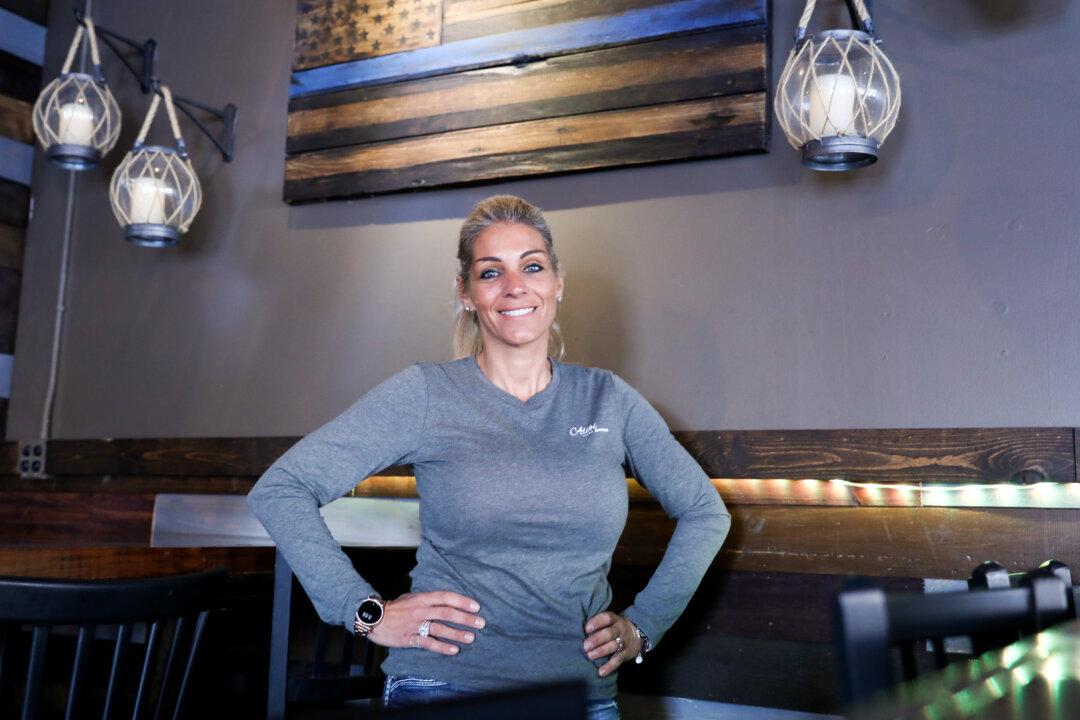A Minnesota bar owner lost her business, liquor and food service licenses, and is facing up to $350,000 in fines for violating a governor’s executive order. But the Minnesota Attorney General’s lawsuit doesn’t list any actual harm caused by her actions.
“I didn’t break the law; I defied the executive order,” Lisa Monet Zarza told The Epoch Times.





